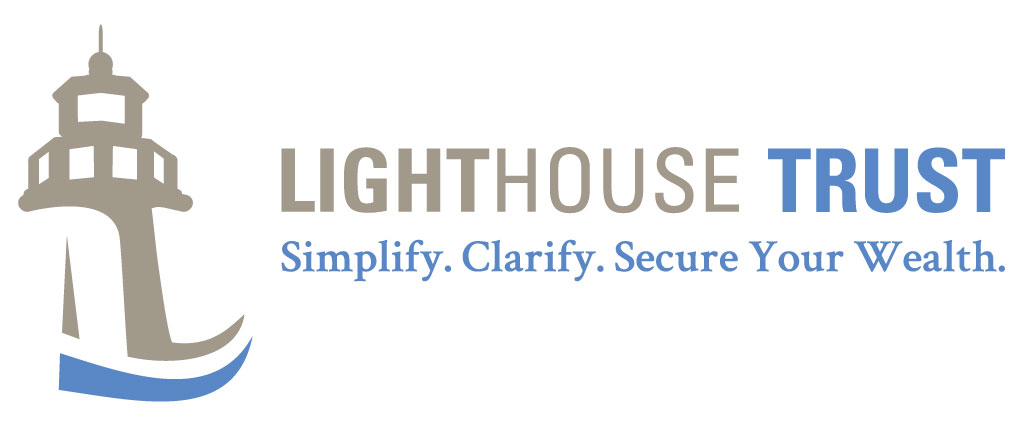The Wall Street Journal recently reported on a ruling from a Georgia Appeals Court that threatens to open a Pandora’s box of personal liability for families throughout the United States. In a nutshell, the appeals court found that parents of a minor may be found to be negligent in failing to supervise a child who defames someone over the internet. The parents have not yet been found liable; the case has been remanded to the trial court to have a jury weigh on the matter. However, the case is bound to lead to the expansion of internet-related theories of tort liability for employers, parents, and others in a position of supervising those who commit mischief on the web.
In the specific case, Boston v. Athearn, a 13-year old girl was the victim of cyberbullying at the hands of two of her classmates. The classmates had created a fake Facebook profile and then posted images of the victim altered so as to be graphically offensive. Shortly after creating the Facebook profile, the classmates sent out email blasts to other students at the school, inviting them to view the libelous profile.
The victim fairly quickly determined who the perpetrators were who had created the Facebook page. Within a matter of days, the victim and her parents had brought the Facebook page to the attention of school administrators, who obtained signed confessions from the two guilty parties. However, notwithstanding that the perpetrators had served school suspensions for their cyberbullying, the Facebook page remained on the internet for 11 months, all the while accessible to any curious visitor on the web. Only after the victim’s family sued did Facebook finally pull the fake Facebook profile.
One would not expect to see a state court of appeals discussing the finer points of competent parenting. Yet, the Georgia Court of Appeals appeared to be quite concerned with the quality of parenting by the defendant family in this case, describing the inattentiveness of the defendants over the entire matter:
During the 11 months the unauthorized profile and page could be viewed, the Athearns made no attempt to view the unauthorized page, and they took no action to determine the content of the false, profane, and ethnically offensive information that Dustin was charged with electronically distributing. They did not attempt to learn to whom Dustin had distributed the false and offensive information or whether the distribution was ongoing. They did not tell Dustin to delete the page. Furthermore, they made no attempt to determine whether the false and offensive information Dustin was charged with distributing could be corrected, deleted, or retracted.
Because the underlying tort committed by the two classmates was libel, liability would attach with each publication of the fake Facebook profile. Accordingly, the Georgia Court of Appeals found there to be an ongoing series of torts committed by the defendant. In turn, by failing to intervene to remove the fake Facebook profile, the perpetrator’s parents could be found liable for negligent supervision, reasoned the court.
One could regard this case as a simple matter of bad parenting, with liability isolated to the facts of an extreme case. However, the tort of libel is far broader than the sin of cyberbullying and can present itself in all forms of content on the internet. The lesson from this case extends beyond parental negligence and affects everything we do on the internet. How different is a fake Facebook profile from an email critical of a business competitor? Could you be sued for a fake LinkedIn profile posted by one of your employees? If liability and damages are measured by the number of times information is disseminated over the web, could the use of high-volume websites such as Facebook or LinkedIn give rise to even larger damage awards? Has our ability to maintain control over our children, our employees, and ourselves failed to keep up with the pace of technology?
The Georgia Court of Appeals may have reached the right answer in this case. However, in shining a light on this emerging area of tort theory, the court has revealed the infinite scope of liability that all of us face in using the internet.
